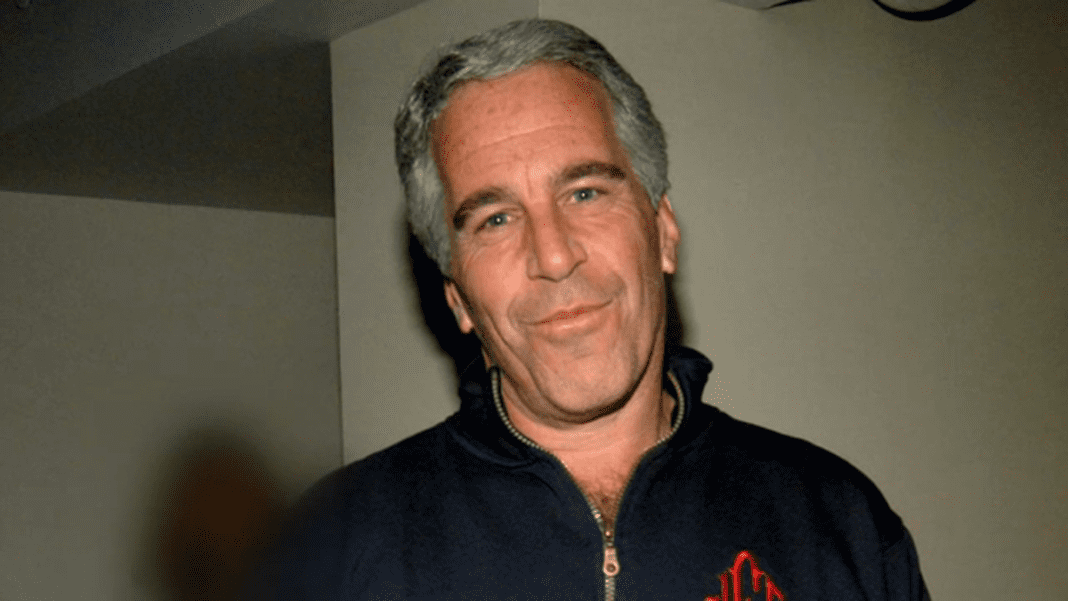A federal judge in New York has refused to release grand jury transcripts linked to the high-profile case of Jeffrey Epstein. This marks the third time that a court has denied requests from the Justice Department to unseal such records.
Judges say secrecy outweighs public interest
The law protects the secrecy of grand jury proceedings. The court ruled the request did not meet the high threshold. Two other federal judges made similar rulings. They also refused to allow the release of the same type of material.
The court further stressed that releasing these records could harm victims who have already shown great courage by speaking out. The transcripts reportedly hold little information of value, with testimony from only two witnesses, both being law enforcement officials.
Government urged to release other files
The judge stated that the responsibility for sharing investigative information rests with the government and not with the courts. In his opinion, he noted that the government possesses a much larger set of files connected to Epstein, which could be far more revealing than the narrow grand jury material at issue.
Cyber Attacks on Connected Cars
The judge said the grand jury testimony is only a “snippet.” It does not show the full investigation. He noted that officials had promised to release records. Those promises were not kept. The court said it would not release material used as a distraction. The government still holds broader records.
The Justice Department has indicated in prior filings that the grand jury material it sought to release amounts to about 70 pages. These pages contain limited testimony from law enforcement and not from victims or key witnesses. The department has not yet appealed the rulings made in New York, nor the earlier denials in Florida and another New York court.
Broader investigation files and ongoing pressure
The denial comes as Congress demands more transparency in the Epstein case. The House Oversight Committee issued a subpoena. In response, the Justice Department will give some investigative files to lawmakers. These files are not grand jury transcripts. They may reveal more about the scope of the case.
Earlier this year, the Justice Department tried to release grand jury records. Three federal judges reviewed the requests. All three judges rejected them. They said secrecy rules protect grand jury proceedings.
How Cyber Attacks on Industrial Control Systems Can Endanger Lives ?
In recent years, public interest in the case has only grown, particularly after Epstein’s death while awaiting trial in 2019. That death was officially ruled a suicide but led to widespread speculation about what his investigative files might reveal about his connections to powerful figures.
Attention has also focused on Epstein’s longtime associate, who was convicted of sex trafficking in 2021. She is currently serving a 20-year sentence at a minimum-security prison in Texas. Last month, she was questioned for two days by officials about dozens of individuals connected to the case.
The courts have resisted public pressure. They insist secrecy must prevail in grand jury testimony. The Justice Department now faces a challenge. It must decide whether to appeal further. Or it can release broader investigative materials outside grand jury protection.





